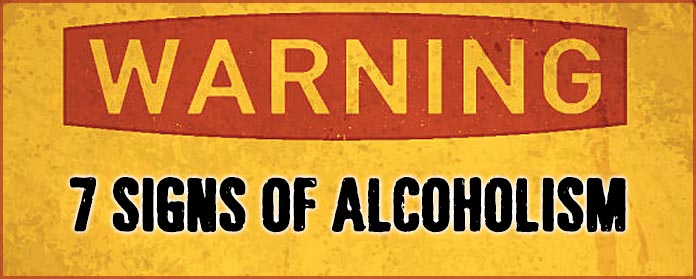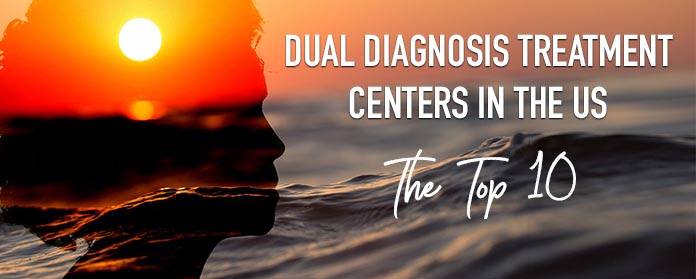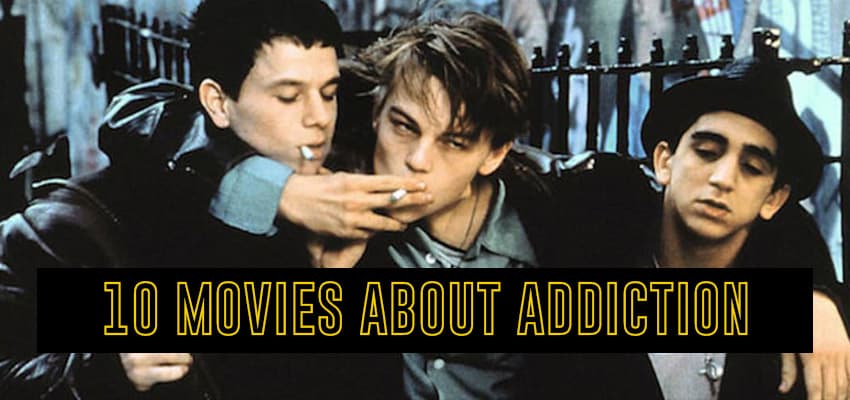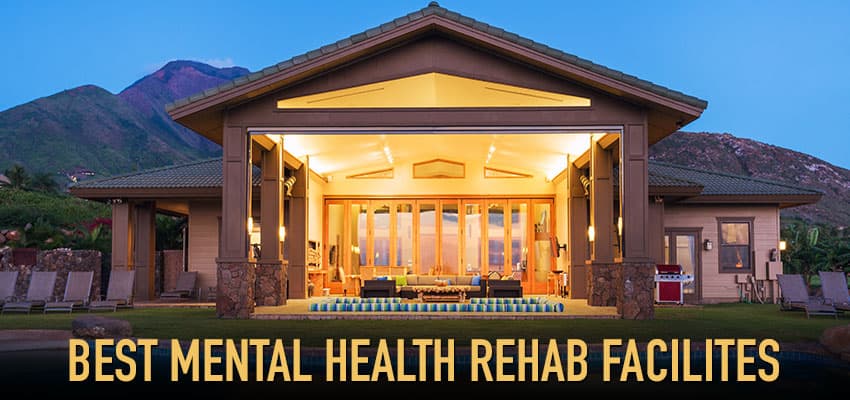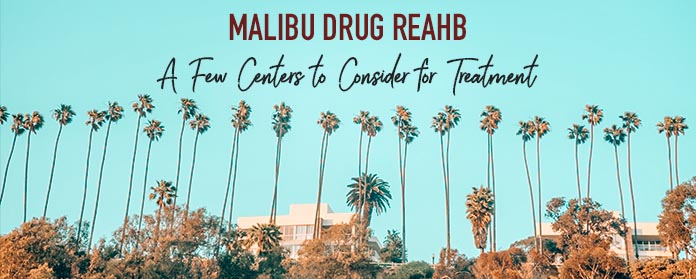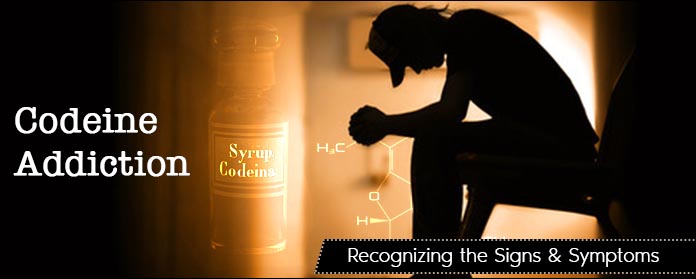Chances are, you or a loved one may be exhibiting symptoms of alcohol abuse. Knowing the symptoms may help save a life. Let’s take a look at seven signs of alcoholism that will keep you from getting caught off guard.
More than 38 million Americans engage in regular binge drinking, which is drinking more than 4 or 5 drinks in one sitting. Drinking in America is so excessive that the CDC considers it a public health problem.
And it’s a costly problem. Every year, binge drinking costs 88,000 people their lives, and the economy shoulders the $224 billion weight of cleaning up the mess.
1. Damaged Relationships
Damaged friendships and suffering intimate relationships are signs of an alcohol problem.
Tensions rise when your significant other becomes concerned about your drinking. You both feel on edge and lose your tempers more often. You may resort to physical violence or lash out verbally.
If you have children, you begin to distance yourself, spending less time involved in their daily lives. Or you are more easily irritated by them and find yourself being aggressive or abusive.
You seek out the company of like-minded acquaintances and start avoiding old friends. Or you isolate yourself completely and neglect relationships altogether. The truth is, responsible drinkers seldom get drunk alone.
2. Shift in Priorities
Alcoholism causes a shift in your priorities. Your life begins to center around access to alcohol.
You don’t want to go to a wedding if alcohol isn’t being served. You can’t fathom getting through a concert without a few beers. Kids’ events are out of the question.
You might not identify alcohol as a priority. But you’d rather have a glass or two of wine than engage in old hobbies. You’d rather rearrange your schedule so you can go home and drink. You’d rather duck out of a party and head to the bar.
If having a drink becomes the thing you’d rather do, you’re prioritizing alcohol whether you’d admit it or not.
3. Lying to Self and Others
The abuse of any substance increases your willingness to play loose with the truth. Telling even small lies about your alcohol consumption is a sign of an alcoholic. If you don’t have a problem, you don’t feel the need to defend yourself.
Downplaying a bottle of wine into a couple glasses is a lie. Pretending you’re sober when you’re three drinks in is a lie.
You might justify drinking to celebrate or drinking to cope. “Everybody gets drunk on Cinco de Mayo!” “Who doesn’t overdo it the night they get dumped?”
Justification is just a lie you’re telling yourself. You feel an emotional attachment that you have to protect, even if it means becoming deceitful.
Feeling defensive or shameful about your drinking is a sure sign that you’re becoming addicted.
4. Drinking Every Day
Developing a tolerance for alcohol that compels you to drink more and to drink more often is a physical sign of alcoholism. Your body chemistry is altering in response to your habitual consumption.
You might brag about your built up tolerance, but if it’s difficult for you to become drunk, you have a problem. Drinking a 12 pack by yourself is not an admirable feat. Reaching the bottom of the bottle is not an accomplishment.
Alcoholism reduces your ability to restrict your drinking. You may set a reasonable limit at the start of the night, but you always crave one more drink. The urge for “just one more” is a sign that you’re losing control.
Daily drinking is also a symptom of alcohol abuse. Making a substance an integral part of your daily life sets you up for misuse. You begin to expect a drink with dinner and then you drink more for pleasure after that.
Take a day off if you find yourself drinking out of ritual.
Daily drunkenness is, without question, alcoholic behavior. If you’re drunk every day, you need to seek treatment.
5. Change in Personality
Addiction has the power to change your personality. This is one symptom that you may need outside help to assess. You may not notice yourself becoming more irritable or argumentative, but your spouse will.
Alcohol is a depressant. It slows your body down and physically alters your brain. It can cause actual depression, anxiety, extreme mood swings, and an inability to regulate emotions.
Alcohol withdrawal also causes those feelings. Treating withdrawal with alcohol keeps the cycle going.
You may even experience memory loss or forgetfulness. Prolonged heavy drinking can cause certain kinds of amnesia.
6. Taking Risks
You might think you’re being brave when you jump out of a moving car. Think again. An increase in risky behavior when drinking indicates an addiction to alcohol.
You’re drinking where it’s unacceptable, you’re drinking in a dangerous setting, you’re driving when you’re drunk. These are risky behaviors that can lead to falls, drowning, or fatal car accidents.
Alcohol might also inspire you to engage in risky sexual behavior. You could become infected with HIV, contract other STIs, or end up with an unwanted pregnancy.
7. Getting in Trouble at Work or with the Law
When your drinking habits affect your work or get you in trouble with the law, consider it a wake-up call.
Going to work hungover or buzzed can impact your job performance and your interactions with co-workers. It’s not something responsible drinkers do. You could ruin your reputation, end up on probation, or lose your job outright.
Spending time in jail is the ultimate sign that you’re an alcoholic. Whether you were driving under the influence or intoxicated in public or recklessly flouting laws, if you get arrested for drunken behavior, you’re out of control.
Do You Recognize the Signs of Alcoholism?
Does any of this sound familiar to you? Get to know the signs of alcoholism so you can recognize it in yourself or your loved ones.
Alcoholism is an insidious disease. It will ruin your relationships, change who you are, and it may even take your life.
If any of this rings true, it’s time to get help. Contact us today. We’ll help you or your loved one find a treatment center and get on the road to recovery.
